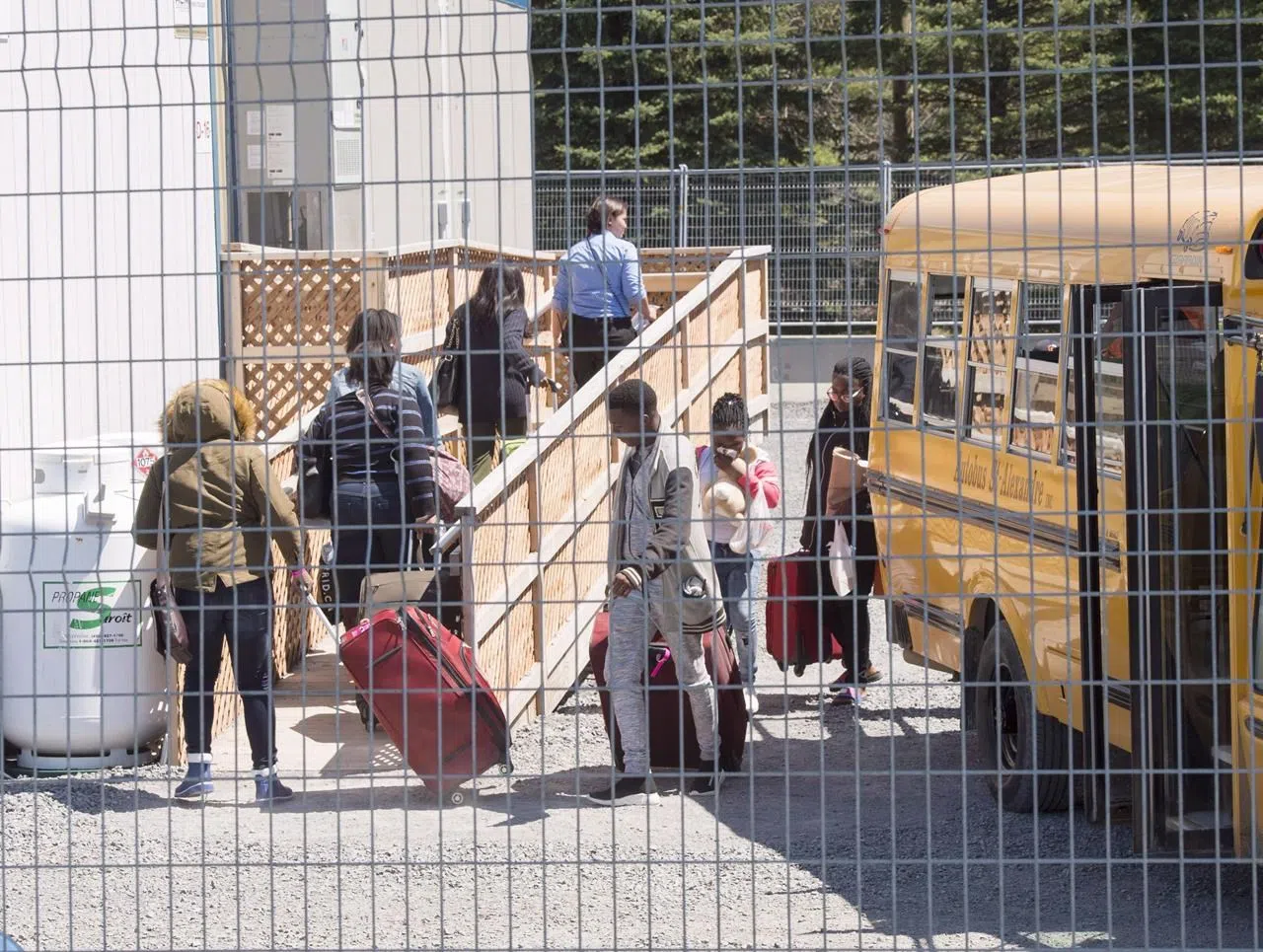
Refugee system plagued with systemic problems: independent review
OTTAWA — An independent review of the Immigration and Refugee Board says there are persistent and systemic problems with the organization that handles asylum claims and appeals, problems it says can’t be fixed without a major shift at the top.
The review released Tuesday is the result of a year-long analysis of the arms-length agency, which manages asylum claims and appeals. It was conducted by Neil Yeates, a former deputy minister of the Immigration Department.
It found a long history of problems in managing spikes in asylum claims and backlogs — and the current influx of irregular migrants is no exception.
Yeates recommended fundamental changes to the way the board operates, including a new management structure that would bring it under the authority of the minister of Immigration, managed by either a new refugee protection agency or an asylum system management board.


